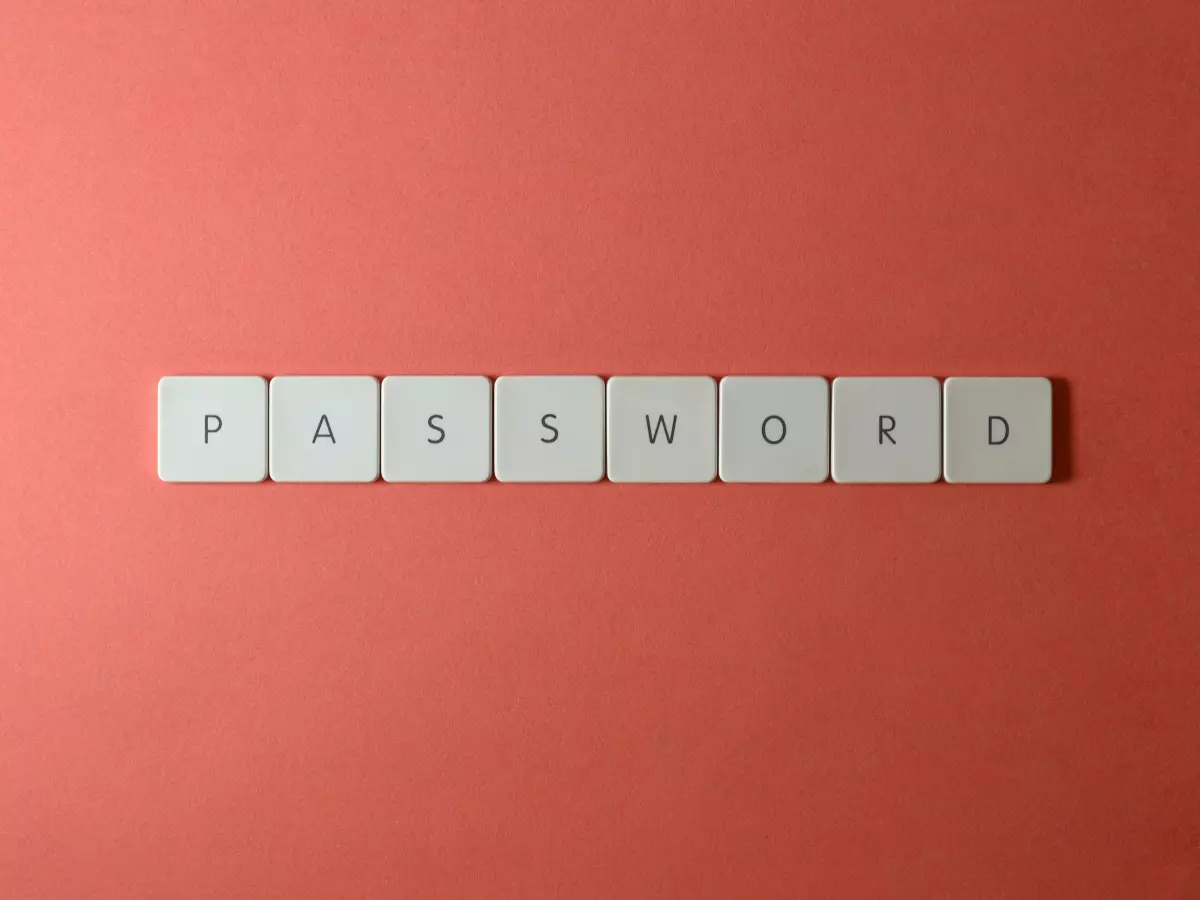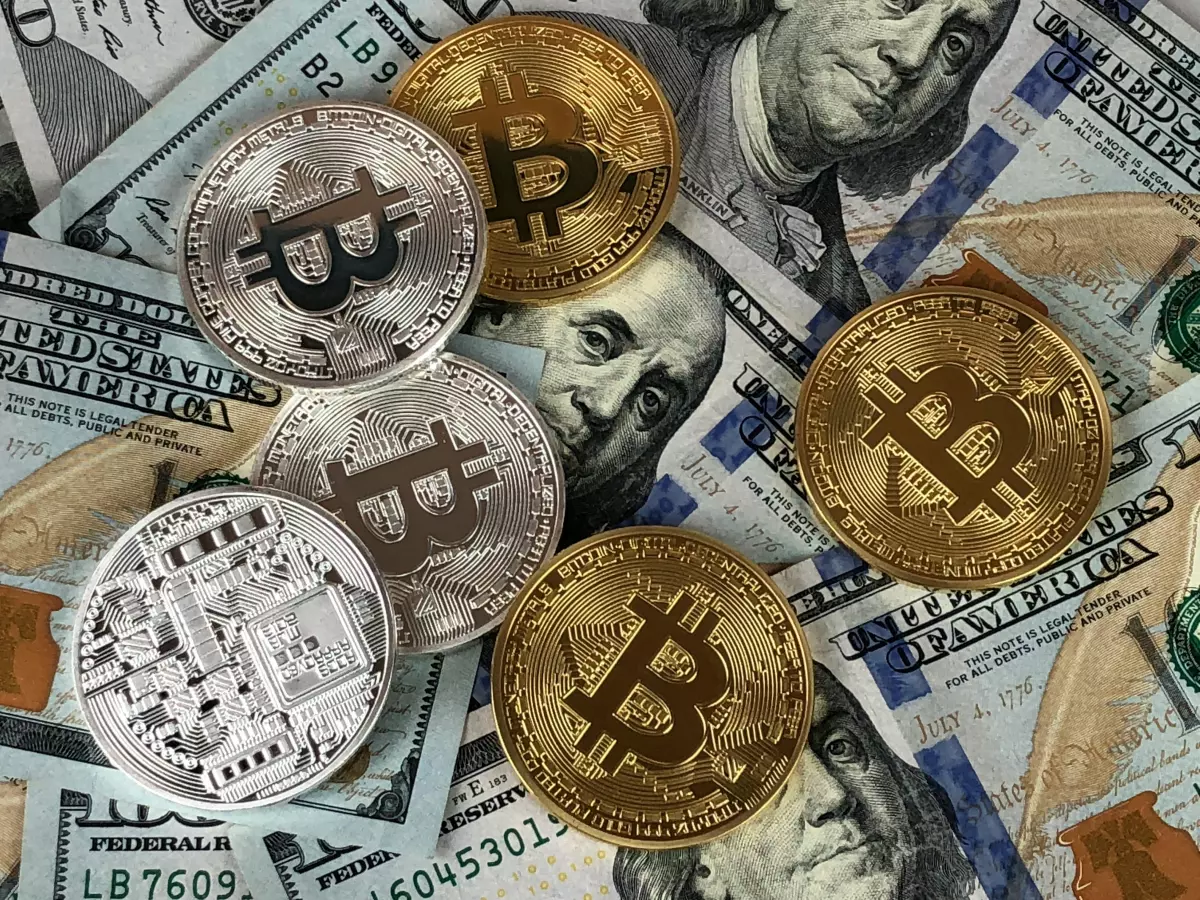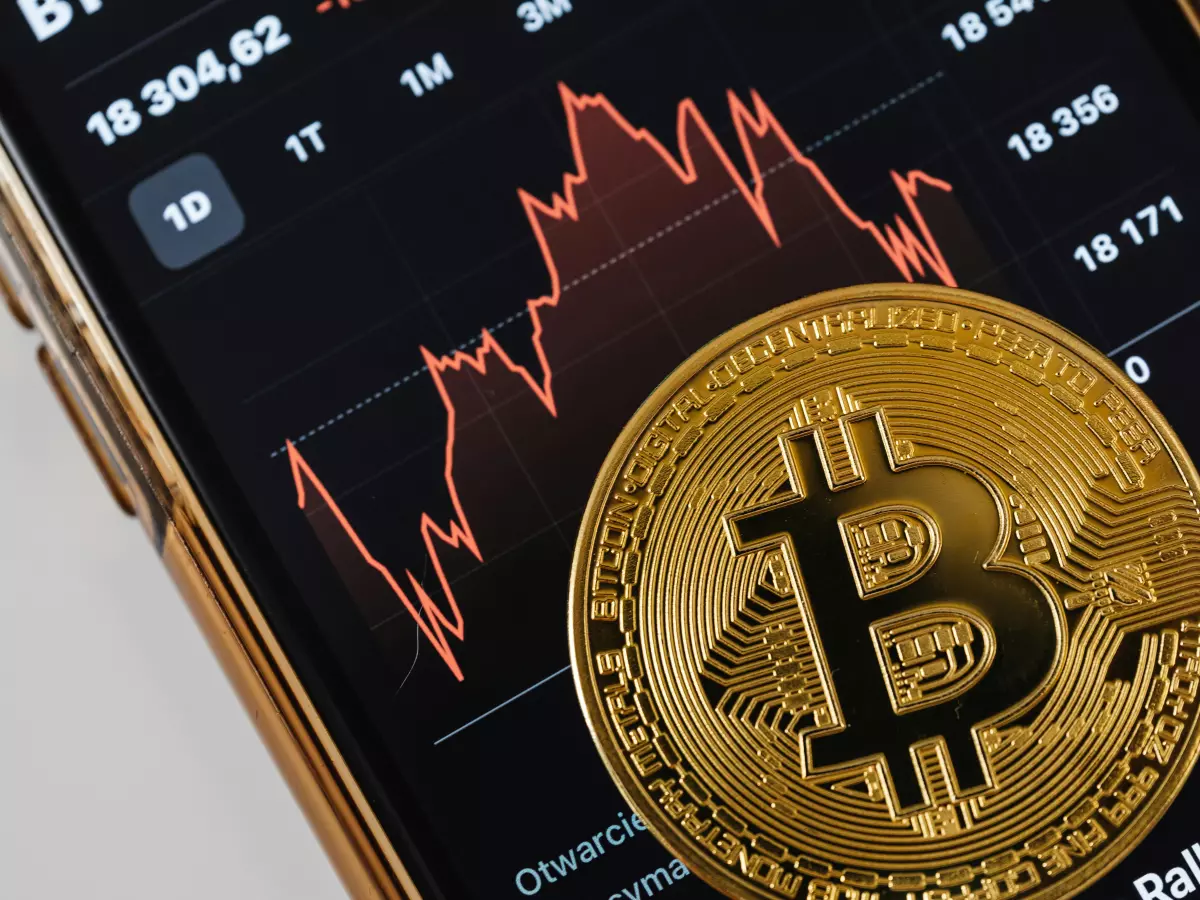Crypto Chaos
Crypto is supposed to be secure, right? That's the whole point of blockchain, decentralization, and all those fancy cryptographic buzzwords. But here's the kicker: despite all the promises, crypto hacks are on the rise, and 2024 is shaping up to be a record-breaking year for cybercriminals.

By Jason Patel
"The only secure computer is one that's unplugged, locked in a safe, and buried 20 feet under the ground in a secret location...and I'm not even too sure about that," said Dennis Hughes, former FBI agent. While Hughes was talking about traditional cybersecurity, his words ring eerily true for the crypto world today. No matter how secure we think our systems are, hackers always seem to find a way in.
According to Cointelegraph, Q3 2024 saw a staggering $750 million stolen across 155 incidents. That's right, three-quarters of a billion dollars vanished into the digital ether. And here's the kicker: while the number of hacks actually decreased, the value of stolen assets spiked. So, what's going on?
Centralized Exchanges: The Weak Link?
One of the most surprising revelations from the recent wave of hacks is that centralized exchanges are still a prime target. You'd think by now they'd have beefed up their security, but nope. In fact, more than half of the $120 million stolen in September alone came from two centralized exchanges: BingX and Indodax. It's like these platforms are waving a red flag saying, "Hey hackers, come get us!"
Why are centralized exchanges such a juicy target? Well, for one, they hold a ton of assets in a relatively small number of wallets. It's like robbing a bank versus pickpocketing on the street. If you're a hacker, why bother going after individual users when you can hit the jackpot by breaching a single exchange?
DeFi: Not as Safe as You Think
But don't get too comfortable if you're a DeFi (Decentralized Finance) enthusiast. While centralized exchanges are the obvious targets, DeFi platforms aren't exactly bulletproof either. In fact, DeFi protocols accounted for a significant portion of the $750 million stolen in Q3. The decentralized nature of these platforms makes them harder to regulate, and once a hacker finds a vulnerability, it's open season.
Smart contracts, which are the backbone of most DeFi platforms, are often touted as being "trustless" and "secure." But here's the thing: they're only as secure as the code they're built on. And as we've seen time and time again, even the tiniest bug can lead to catastrophic losses.
What's Fueling the Surge?
So why are we seeing such a massive uptick in crypto hacks? A few factors are at play here:
- Increased Adoption: More people are getting into crypto, which means more money is flowing into the ecosystem. And where there's money, there are criminals.
- Complexity: The more complex the system, the more opportunities for things to go wrong. As DeFi and other crypto platforms evolve, so do the potential attack vectors.
- Regulatory Gaps: Crypto is still a bit of a Wild West when it comes to regulation. Hackers know that law enforcement is often playing catch-up, making it easier for them to get away with their crimes.
It's also worth noting that many of these hacks are becoming more sophisticated. We're not just talking about some kid in a basement brute-forcing passwords. These are highly coordinated attacks, often involving multiple layers of deception, social engineering, and advanced malware.
What Can You Do?
So, what can you do to protect yourself in this increasingly hostile environment? Here are a few tips:
- Use Cold Storage: If you're holding a significant amount of crypto, consider using a hardware wallet. Cold storage keeps your assets offline, making them much harder to steal.
- Enable 2FA: Two-factor authentication is a simple but effective way to add an extra layer of security to your accounts.
- Stay Informed: Keep up with the latest news and security updates. The more you know, the better equipped you'll be to avoid potential threats.
- Be Skeptical: Always be cautious of phishing attempts, suspicious links, and too-good-to-be-true offers. If something feels off, it probably is.
At the end of the day, the crypto world is still evolving, and with that evolution comes growing pains. Hacks and security breaches are, unfortunately, part of the landscape for now. But with the right precautions, you can minimize your risk and keep your assets safe.
Remember, even in the Wild West, the smart cowboys knew when to keep their gold locked up.





